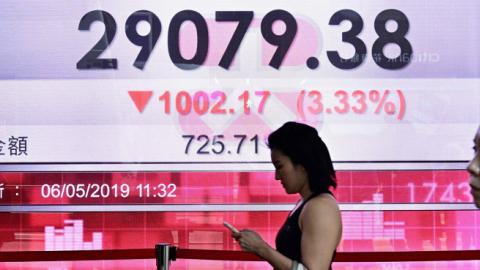Are prospects for a U.S.-China trade deal fading? That was the conventional interpretation of President Trump’s Sunday tweet, in which he said he’d raise tariffs from 10% to 25% on $200 billion of Chinese exports at the end of this week. Mr. Trump’s announcement shocked China’s leaders because they underestimated the strength of American hawks’ influence, just as Americans once underestimated the influence of Chinese hawks. But the president’s tough line now—heading into the final stretch of negotiations—will reduce friction later. China is less likely to cheat on any future agreement if it needs to comply to earn a reduction of these tariffs. China will cheat if the U.S. has no tariffs to enforce it.
As trade watchers around the world armchair-quarterback this week’s negotiations, it’s useful to assess the likelihood of success in each key area of the deal to determine whether it has indeed fallen apart.
Read the full article in the Wall Street Journal "here":https://www.wsj.com/articles/why-trump-is-raising-tariffs-on-china-1155…

















